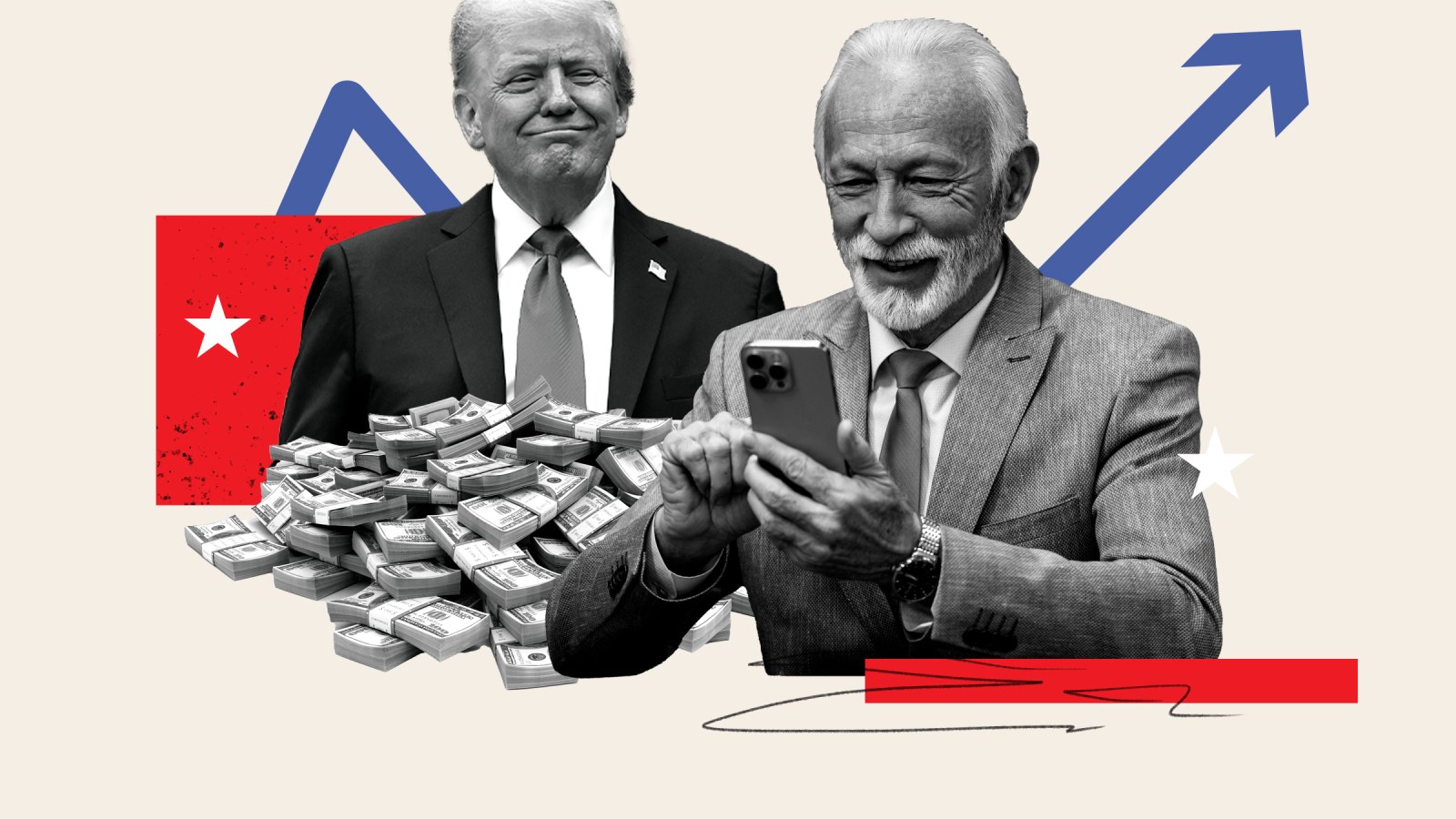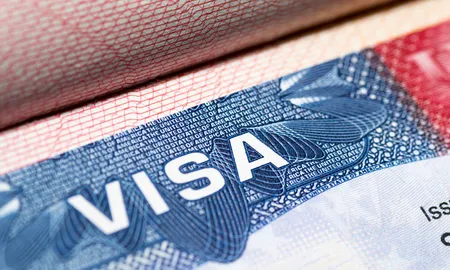By Martha McHardy
Copyright newsweek

Donald Trump is losing ground with one of his most reliable constituencies: the wealthiest Americans.A new YouGov/Economist poll shows that Trump’s net approval rating among voters with incomes over $100,000 stands at -4 points, with 47 percent approving and 51 percent disapproving.That is up from -16 points at the beginning of the month.Trump’s rating among this group stands in contrast to the majority of recent polls, which have shown the President’s approval rating on a downward trend due to concerns over the economy.The YouGov/Economist poll put Trump’s latest approval rating at an all-time low, with 39 percent approving and 57 percent disapproving. The president’s numbers with the pollster last week were 41 percent approving and a 54 percent disapproval rating.His rating on the economy also hit an all time low, with 35 percent approving and 57 percent disapproving (-22 points). That is compared with -17 points in the previous poll conducted last week.Economic Pressures Mount Under TrumpIt comes as cost-of-living pressures are mounting under Trump’s presidency, with fresh data showing inflation, housing, and jobs all moving in troubling directions.The latest Consumer Price Index update showed prices rising 2.9 percent in August compared to last year, the sharpest increase since January. Tariffs on imports are a major driver, adding an estimated 2.3 percent to consumer prices in the short term.Housing costs have also surged, with the annual income needed to buy a median-priced home now reaching $114,000—a 70 percent jump since 2019.The labor market is also showing strain. Employers added just 22,000 jobs in August, following a loss of 13,000 in June—the first monthly drop since late 2020. The unemployment rate climbed to 4.3 percent, the highest since 2021, as businesses adjusted to tariff-related disruptions.To make matters worse, the Bureau of Labor Statistics revised down job growth from April 2024 to March 2025 by 911,000 jobs, the largest downward revision on record.Trump has sought to pin economic woes on his predecessor, saying the U.S. “went to hell” under Joe Biden and that his administration inherited “an inflation nightmare.” But polls suggest the message is losing traction. A new Cygnal survey shows more Americans now blame Republicans than Democrats for rising inflation.Affluent Voters See Economy DifferentlyHowever, polling suggests that this economic uncertainty may not be a major concern for the wealthiest voters.In August, affluent voters held a negative view of the economy overall, with 41 percent approving of Trump’s handling of it and 56 percent disapproving. By September, that balance had inched upward to 44 percent approval and 53 percent disapproval—a modest improvement.On inflation, the change was more pronounced. Approval of Trump’s handling of rising prices among high-income earners jumped from 35 percent in August to 40 percent in September, while disapproval fell from 62 percent to 57 percent.That suggests that some wealthier voters, who may be less directly exposed to day-to-day cost pressures than middle- and working-class households, are softening their criticism on the issue most central to the broader public’s economic anxiety.Political analysts say the shift reflects how affluent Americans experience the economy differently than most voters.”The rich tend to have more of their money in stocks than other people do. The stock market matters more to the rich than it does to most people. If markets are down, people with a lot of money in the markets blame the person in the White House. If markets are up, they support the person in the White House,” Peter Loge, a political communication professor at George Washington University, told Newsweek.Despite inflation pressure, Wall Street indexes have been hitting record highs in recent weeks. The S&P 500, Nasdaq, and Dow Jones have all climbed, while the Russell 2000, which tracks small-cap companies, hit a fresh record for the first time since 2021.The rally has been fueled by the Federal Reserve’s recent decision to cut interest rates by a quarter point, raising hopes for more cuts later this year.Mixed Outlook on Economic TrajectoryBut, affluent voters are not uniformly optimistic. Their views on the economy’s trajectory have darkened, with only 25 percent saying in September that things were getting better, down from 28 percent in August.Meanwhile, the share who believe conditions are staying the same rose to 25 percent, while those saying things are getting worse dipped to 46 percent. Loge said this is likely not a cause for concern for the Republicans heading into the 2026 midterms.”The richest Americans tend to be concentrated in a few areas, most of which are reliably Democratic or Republican strongholds. The vote of any one person in an area dominated by one political party doesn’t generally make much of a difference,” he said.



